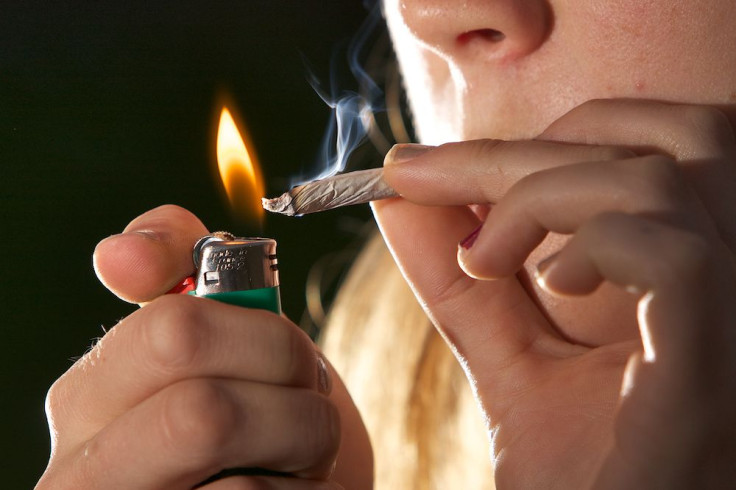Marijuana Users Who Experience Ischemic Stroke May Have Narrowed Arteries In Their Skulls

Psychiatric complications associated with marijuana use are well-documented, but research has only recently dived into the effect marijuana has on other bodily systems. A recent study conducted at the University Hospital of Strasbourg in Strasbourg, France, has found that young adults who smoke marijuana suffer a different type of ischemic stroke compared to non-smokers.
"Fighting stroke must remain a priority, including in young adults," said the research team, led by Dr. Valerie Wolff, in a statement. "The first step may be to inform the public regarding the potential occurrence of stroke associated with cannabis and other lifestyle risk factors."
Wolff and her colleagues gathered data on all patients under the age of 45 who were admitted to the hospital due to an ischemic stroke between 2005 and 2014. In total, they recruited 334 patients, including 58 marijuana smokers. Marijuana smokers were considered younger and more likely to be male, smoke tobacco, and have other lifestyle risk factors that non-smokers do not.
Ischemic strokes suffered by marijuana smokers were more likely to be caused by intracranial arterial stenosis, a narrowing of the arteries inside the skull caused by a buildup of plaque. Non-smokers, on the other hand, were more likely to suffer a stroke caused by a cardio embolism, a blood clot that forms somewhere else in the body before eventually making its way to the brain.
Forty-five percent of ischemic strokes suffered by marijuana smokers were caused by intracranial arterial stenosis compared to 14 percent of non-smokers. Twenty-nine percent of strokes suffered by non-smokers were caused by cardio embolisms compared to 14 percent of marijuana smokers. The research teams hopes that further investigation will reveal possible mechanisms for stroke in marijuana users.
Although this is one of the first studies to investigate the differences in strokes suffered by marijuana smokers and non-smokers, other studies have explored the link between marijuana use and stroke. Research presented at the American Stroke Association’s International Stroke Conference 2013 was considered “the first case-controlled study to show a possible link to the increased risk of stroke from cannabis.”
Among 160 patients being treated for ischemic strokes and transient ischemic attacks (TIA), 16 percent of patients tested positive for marijuana. Patients who suffered a stroke or TIA were 2.3 times more likely to smoke marijuana.
Source: Wolff V, et al. The effects of cannabis have been considered benign for a long time; however, evidence continues to build about the relationship of its use with stroke. Journal of the American College of Cardiology. 2015.



























